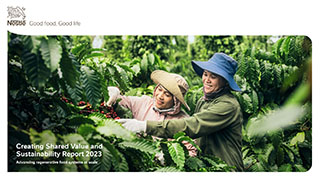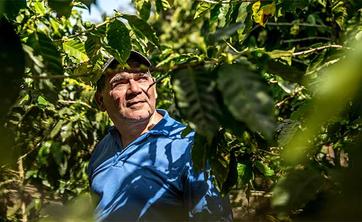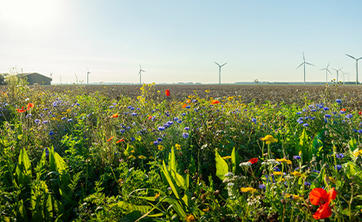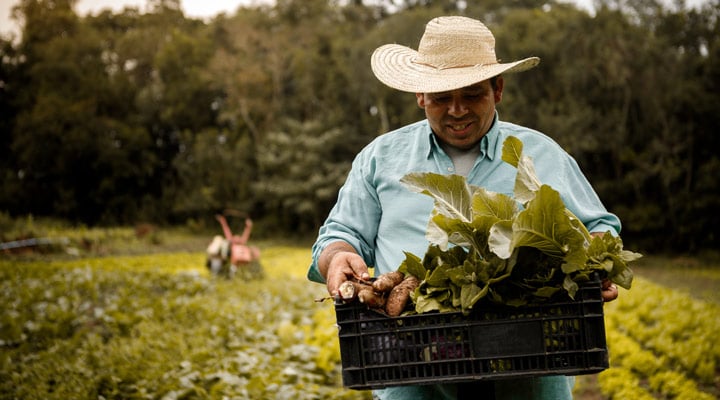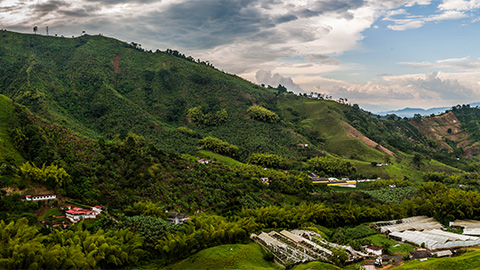Stakeholder engagement to create shared value

When we listen, we improve.
That is why we regularly engage with and respond to a wide range of stakeholders at a local, regional, national and international level, to set the priorities for our Creating Shared Value strategy and support our intention to advance regenerative food systems at scale.
We seek experts and advocates to strengthen our business
Our global stakeholder network consists of the people our operations impact and those who influence our activities.
Stakeholder meetings, workshops and other events help us deepen dialogue and develop our understanding of important societal issues. The interaction helps our teams build their capabilities, facilitates collective action and promotes trust and mutual respect.
We identify the following groups as fundamental to our continuing business success:
- Academia
- Communities
- Consumers and the general public
- Civil society organizations
- Customers
- Employees and their representatives
- Governments
- Industry and trade associations
- Intergovernmental organizations
- Non-governmental organizations
- Rating agencies
- Shareholders and the financial community
- Suppliers (including farmers and smallholders)
We engage with stakeholders to stay on top of issues
Engaging with stakeholders is important to setting priorities for our Creating Shared Value strategy. Their feedback informs our approach to activities, reporting and disclosure, and underpins our materiality assessment process.
We also consult regularly with our CSV Council, an external advisory council formed in 2009. The Council provides advice to the Executive Board to ensure the sound development of our long-term sustainability and the positive social and economic impact of the Creating Shared Value business strategy. It has no formal governance role.
Our key topics for stakeholder engagement
We engage with our stakeholders through a variety of platforms and on a range of topics.
Climate change
Limiting global warming to 1.5°C requires transformational change and stakeholder collaboration across industries, governments and society.
Through a series of reports, commitment announcements, events and organization memberships, we are transparent about our commitment to climate action.

Packaging
By 2025, we aim to design over 95% of our plastic packaging for recycling and continue to work toward 100% being recyclable or reusable, and we are targeting a reduction of virgin plastics by one third by the same date.
Working alongside partners, such as TerraCycle (a social enterprise engaged in projects to eliminate waste), to develop new solutions is one of the ways in which we are trying to make this happen.
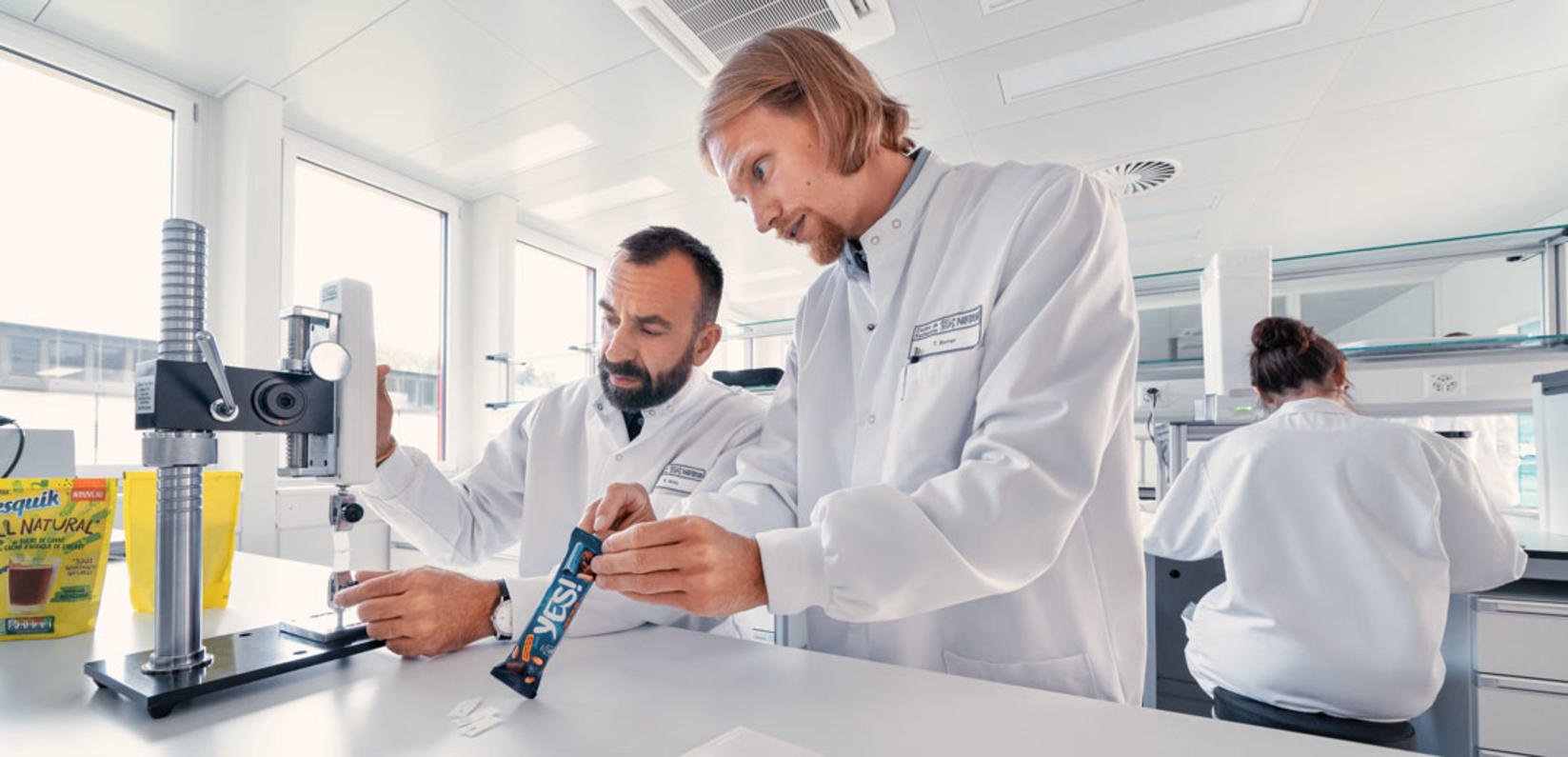
Biodiversity
Working closely with a team from the International Union for Conservation of Nature (IUCN), Nespresso has worked on a biodiversity performance framework to identify species, habitats and related ecosystems services that are priorities for company actions across coffee landscapes.

Nutrition
We believe collective action is key to improving consumer awareness of nutrition and to making healthier products more accessible to all.
We are developing and participating in several initiatives to advance consumer and farmer nutrition and continue to advocate for industry-wide action.

Water
Nestlé has been a member of the 2030 Water Resources Group (2030 WRG) consortium from the start. The Consortium aims to build strong partnerships in pursuit of more sustainable water management.
Since 2020, we have been part of the CEO Water Mandate, a UN Global Compact initiative that unites business leaders on water, sanitation and Sustainable Development Goals.

Responsible sourcing
Many of the environmental and social challenges that we face in our agricultural supply chains require long-term interventions and multi-stakeholder collaboration to tackle root causes and have greater impact.
To drive collective action, we participate in a number of industry and multi-stakeholder platforms, such as the Consumer Goods Forum’s Forest Positive and Human Rights Coalitions of Action or the Institute for Human Rights and Business’s Leadership Group for Responsible Recruitment.

Nestlé needs YOUth
Through the Global Alliance for YOUth, we are driving and promoting positive impact for young people among our private sector partners.
We are focusing on key themes such as resilience and agility, as well as investigating the important role of digital inclusion in youth opportunities. In 2023, we marked 10 years of the Nestlé needs YOUth program. You can read the report here.




